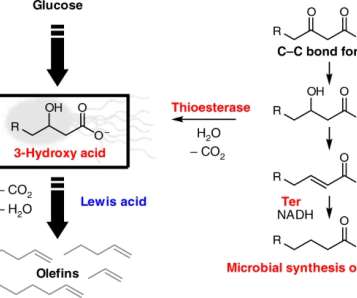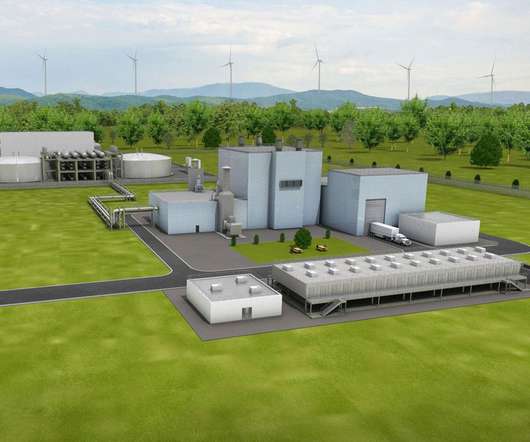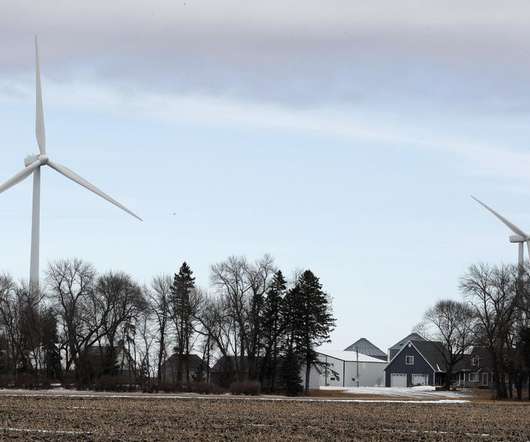DOE awards $35M to 15 projects in ARPA-E ECOSynBio program to reduce carbon footprint of biofuel production
Green Car Congress
MAY 15, 2021
The US Department of Energy (DOE) is awarding $35 million to 15 research projects through ARPA-E’s “Energy and Carbon Optimized Synthesis for the Bioeconomy” (ECOSynBio) program to decarbonize biorefining processes used across the energy, transportation, and agriculture sectors. Carbon-Negative Chemical Production Platform - $4,160,262.57.





























Let's personalize your content